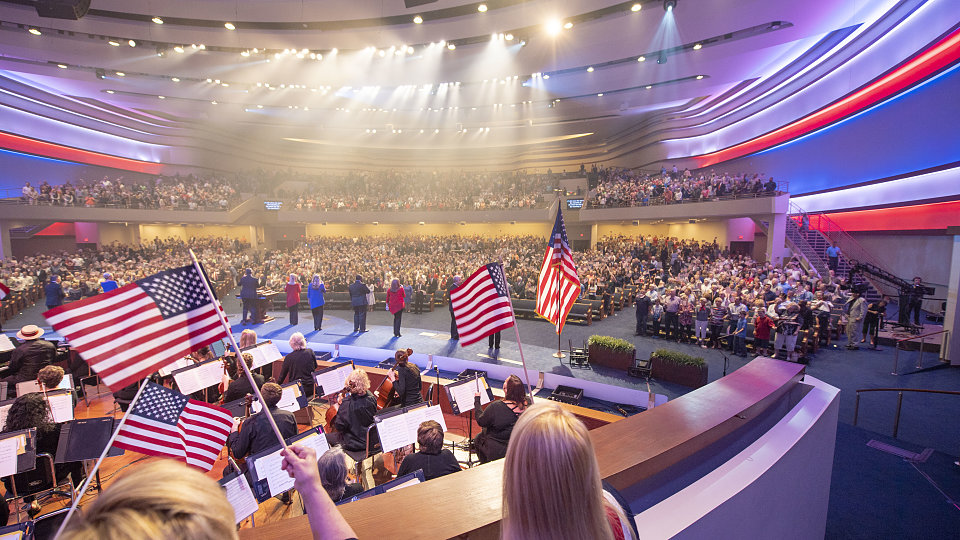One of the comments I got in response to Monday’s post was a fairly simple question: “What exactly do you have in mind when you talk about ‘white evangelical crap?'” It’s a fair question. So here’s an attempt at an answer. Three things come to mind right away.
Login to read more
Sign in or create a free account to access Subscriber-only content.
Topics:
